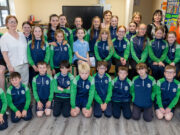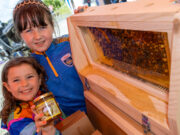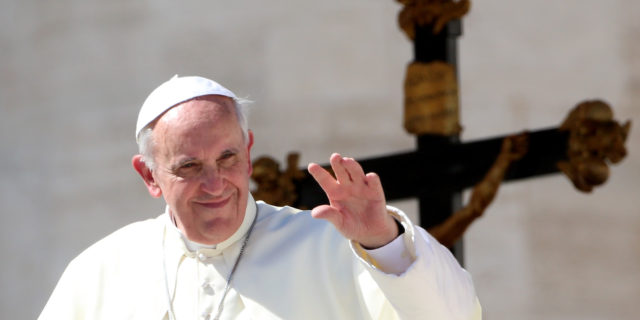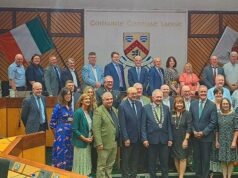On the anniversary of St Francis of Assisi’s death, Pope Francis celebrates Mass before the Saint’s tomb and signed his Encyclical “Fratelli tutti”.
Pope Francis, has warned against “myopic, extremist, resentful and aggressive nationalism” in some countries, and a “growing loss of the sense of history” in a major document outlining his view of the world.
Fratelli Tutti – the third encyclical letter addressed to the whole of the Catholic church, of his papacy – was published on Sunday, the feast of Saint Francis of Assisi, amid global uncertainty and anxiety over the Covid-19 pandemic and rising populism.
Pope Francis urges nations to work towards a just and fraternal world based on common membership of the human family.
He expands on familiar themes in his teachings, including opposition to war, the death penalty, slavery, trafficking, inequality and poverty; concerns about alienation, isolation and social media; and support for migrants fleeing violence and seeking a better life
Pope Francis had begun writing the encyclical when the pandemic “unexpectedly erupted”.
But, he says, the crisis has reinforced his belief that political and economic institutions must be reformed to address the needs of those most harmed by it.
The global health emergency has demonstrated that “no one can face life in isolation” and that the “magic theories” of market capitalism have failed.
“As I was writing this letter, the COVID-19 pandemic unexpectedly erupted, exposing our false securities,” the Pope’s document reads.
“Aside from the different ways that various countries responded to the crisis, their inability to work together became quite evident….
“Anyone who thinks that the only lesson to be learned was the need to improve what we were already doing, or to refine existing systems and regulations, is denying reality.
“The recent pandemic enabled us to recognise and appreciate once more all those around us who, in the midst of fear, responded by putting their lives on the line.
“We began to realise that our lives are interwoven with and sustained by ordinary people valiantly shaping the decisive events of our shared history: doctors, nurses, pharmacists, storekeepers and supermarket workers, cleaning personnel, caretakers, transport workers, men and women working to provide essential services and public safety, volunteers, priests and religious… They understood that no one is saved alone.
“The fragility of world systems in the face of the pandemic has demonstrated that not everything can be resolved by market freedom. It is imperative to have a proactive economic policy directed at ‘promoting an economy that favours productive diversity and business creativity’ and makes it possible for jobs to be created, and not cut.”
Francis says a “certain regression” has taken place in today’s world.
He notes the rise of “myopic, extremist, resentful and aggressive nationalism” in some countries, and “new forms of selfishness and a loss of the social sense”.
The leader of 1.2 billion Roman Catholics says “we are more alone than ever” in a world of “limitless consumerism” and “empty individualism” where there is a “growing loss of the sense of history” and a “kind of deconstructionism”.
“Hyperbole, extremism and polarisation” have become political tools in many countries, he writes, without “healthy debates” and long-term plans but rather “slick marketing techniques aimed at discrediting others”.
He notes that “we are growing ever more distant from one another” and that voices “raised in defence of the environment are silenced and ridiculed”.
Addressing digital culture, he criticises campaigns of “hatred and destruction” and says technology is removing people from reality. Fraternity depends on “authentic encounters”.
He writes: “Let us dream, then, as a single human family, as fellow travellers sharing the same flesh, as children of the same earth which is our common home, each of us bringing the richness of his or her beliefs and convictions, each of us with his or her own voice, brothers and sisters all.”
He also speaks eloquently of kindness that involves “speaking words of comfort, strength, consolation and encouragement” and not “words that demean, sadden, anger or show scorn.”
For Francis, however, kindness is not just a personal virtue, but something that needs to permeate culture. Because kindness “entails esteem and respect for others, once kindness becomes a culture within society it transforms lifestyles, relationships and the ways ideas are discussed and compared,” he writes.
“Kindness facilitates the quest for consensus; it opens new paths where hostility and conflict would burn all bridges.”
This should lead to a “culture of encounter,” he says, where people “should be passionate about meeting others, seeking points of contact, building bridges, planning a project that includes everyone.”
These days, are challenging for us all. May we all embrace the power of hope and kindness at this moment in our lives.
SEE ALSO – WATCH: Laois woman’s encounter with Freddie the fox makes ITV News

























